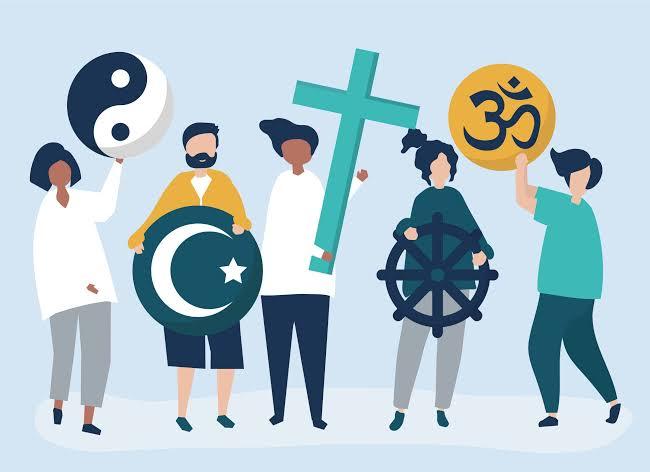Religious equality in India is a cornerstone of its identity as a democratic and secular republic. With a population of over 1.4 billion people practicing a multitude of religions—Hinduism, Islam, Christianity, Sikhism, Buddhism, Jainism, Judaism, Zoroastrianism, and tribal faiths—India is one of the most religiously diverse nations in the world. This diversity, while a source of cultural richness, also underscores the critical need for religious equality to maintain harmony, social justice, and national unity. The Indian Constitution enshrines the right to freedom of religion under Articles 25 to 28, granting every individual the liberty to freely practice, profess, and propagate their religion. It also prohibits discrimination on the basis of religion in matters of employment, education, and access to public spaces. Furthermore, the Preamble to the Constitution proudly declares India a “sovereign, socialist, secular, democratic republic,” reinforcing the nation’s commitment to treating all religions equally before the law.
However, the journey toward true religious equality in India has not been without challenges. Despite constitutional safeguards, various religious communities—especially minorities—have at times faced discrimination, violence, and marginalization. Incidents of communal riots, hate crimes, and religious polarization continue to test the fabric of India’s secularism. In certain regions, practices such as religious profiling, social exclusion, and the misuse of laws like anti-conversion legislation have raised concerns about unequal treatment. Moreover, the politicization of religion during elections and public discourse often deepens divides instead of promoting unity.
Nevertheless, the spirit of religious coexistence remains strong among the people. India has a long history of interfaith dialogue, spiritual tolerance, and shared spaces. Festivals like Diwali, Eid, Christmas, Baisakhi, and Buddha Purnima are often celebrated across communities, symbolizing mutual respect and collective joy. Educational initiatives, community programs, and efforts by civil society groups continue to promote interreligious understanding and peaceful coexistence. It is also crucial that future generations are educated about the importance of religious harmony and the dangers of intolerance.
Religious equality in India is not just a legal or political goal—it is a moral and cultural necessity. As the country continues to grow and evolve, upholding the values of secularism, mutual respect, and equality will be vital for building a just and inclusive society. True religious equality means not only tolerating different beliefs but embracing them as part of the nation’s identity. It means ensuring that no individual is denied opportunities, dignity, or rights because of their faith. Only when every Indian feels safe, respected, and free to follow their conscience can the nation truly fulfill its promise of “unity in diversity.

